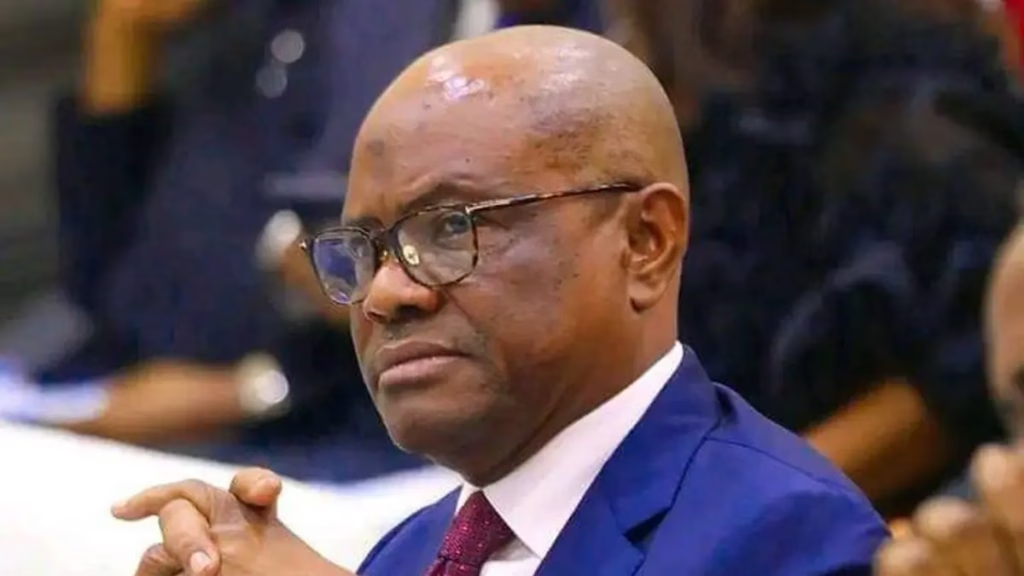A senior member of Nigeria’s opposition Peoples Democratic Party (PDP), Umar Sani, has publicly accused Nyesom Wike, the Minister of the Federal Capital Territory, of deliberately undermining the party to bolster President Bola Tinubu’s prospects in the 2027 elections. Sani made the claims during an appearance on Arise Television’s Morning Show on Friday, alleging that Wike’s actions aim to weaken the PDP and clear the path for Tinubu’s potential reelection without significant opposition.
Sani argued that internal disarray within the PDP has left the party vulnerable. He criticized current leadership, including PDP Governors Forum Chairman Bala Mohammed, for failing to prevent high-profile defections. The party has already lost governors from Akwa Ibom and Delta States, with Rivers State’s governor also reportedly considering an exit. “Under his [Mohammed’s] leadership, we’ve lost about three governors,” Sani said, emphasizing the toll of these departures on the party’s influence.
Central to Sani’s critique is Wike, a former PDP stalwart who now serves in Tinubu’s cabinet. Sani asserted that Wike is actively working to “ensure the PDP does not survive or rise,” thereby eliminating political competition ahead of the next presidential race. Though Wike has not publicly responded to the allegations, his strained relationship with the PDP leadership has been widely reported since he backed Tinubu, a member of the ruling All Progressives Congress (APC), in the 2023 elections.
Despite the challenges, Sani expressed cautious optimism about the PDP’s resilience, likening the party to a “beetle that never dies.” He called for internal reforms, urging the recruitment of “capable hands” to revitalize the party’s stature. “Many current members are incapacitated because they contributed to the party’s decline,” he acknowledged, stressing the need for accountability and strategic renewal.
The PDP, founded in 1998, has struggled to regain momentum since losing Nigeria’s presidency to the APC in 2015. The recent defections and internal divisions underscore deeper systemic issues, raising questions about its ability to regroup ahead of crucial elections. Analysts note that Wike’s influence, coupled with the PDP’s leadership struggles, could reshape Nigeria’s political landscape, particularly if opposition unity continues to erode.
Sani’s remarks highlight escalating tensions within Nigeria’s opposition ranks, reflecting broader concerns about democratic competition in Africa’s most populous nation. As the 2027 polls draw closer, the PDP’s capacity to address internal fractures and external pressures will likely determine its role in shaping the country’s future governance.
